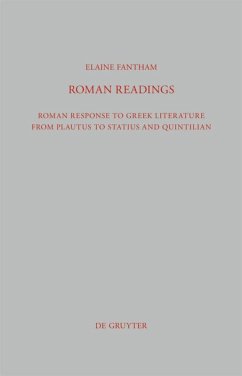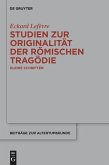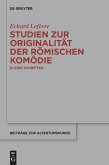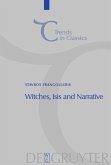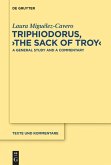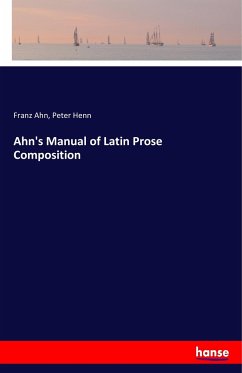This volume presents closely connected articles by Elaine Fantham, which deal with Roman responses to Greek literature on three major subjects: the history and criticism of Latin poetry and rhetoric, women in Roman life and dramatic poetry and the poetic representation of children in relation to their mothers and teachers. The volume opens with papers on Roman comedy: Menaechmi, Trinummus, Hautontimorumenos, papers on women of the demimonde in Truculentus and Eunuchus, Cistellaria and Poenulus. The second part deals with rhetoric, including the subject of imitation as a stylistic feature, the study of performance comparing oratory and comedy and of declamation. Papers on Ovid's Fasti include a study of failed rape-scenes and papers concerned with women's cults. The last part (Senecan tragedy, Lucan, Statius) focuses on Lucan's Civil War and his treatment of Caesar as well as Statius' Thebaid and Achilleid.
"Overall, then, this collection is an extremely valuable resource to those interested in both the broad spectrum of Latin literature ranging from comedy to Flavian poetry as well as the nuances and complexities of Greek and Roman intertextual relations. The value of this book lies in its range and richness, but simultaneously it provides the reader with fascinating insights into the genesis and evolution of a remarkable body of scholarship."
Adam Marshall in: BMCR 2012.07.11
Adam Marshall in: BMCR 2012.07.11

